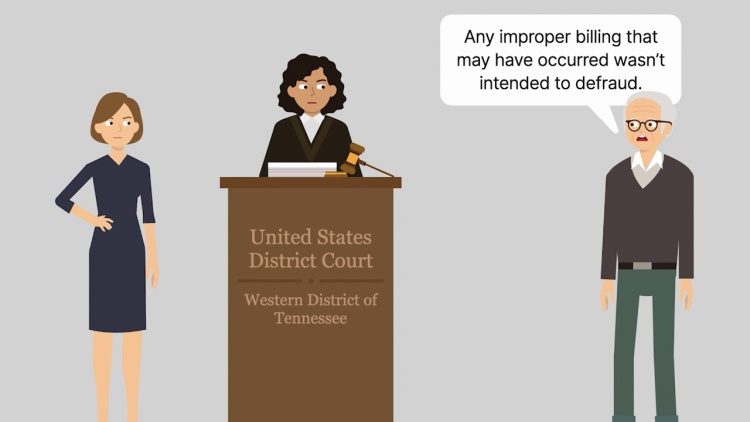United States v. Semrau
United States Court of Appeals for the Sixth Circuit
693 F.3d 510 (2012)

- Written by Sara Rhee, JD
Facts
Dr. Lorne Semrau (defendant) owned two companies providing psychiatric care to nursing home patients. Semrau was accused of improperly billing services to Medicare and charged with healthcare fraud. At trial, Semrau sought to introduce the expert testimony of Dr. Steven Laken. Laken had patented his own version of a lie detection test and had conducted studies in a laboratory setting to determine its ability to detect lies. Based on these studies, Laken determine his tests were accurate 86 to 97 percent of the time, although he later admitted this rate dropped to 71 percent after a subsequent test. In 2009, Semrau approached Laken to administer a lie detection test on Semrau in preparation of his defense. Laken administered two initial tests that asked a series of questions designed to indicate whether Semrau had the intent to defraud. The first test showed Semrau was not deceptive. The second test indicated he was deceptive. Concerned that fatigue played a factor in the results of the second test, Laken administered a third test. The third test showed Semrau was not deceptive. It did not indicate which specific questions Semrau answered truthfully. The test only indicated that Semrau was generally truthful to all the questions as a whole. At trial, Laken would have testified that Semrau was generally truthful in stating that he had made a good faith attempt to properly bill his companies’ services to Medicare. The district court excluded Laken’s testimony. Semrau appealed, arguing that the district court should have allowed Laken’s testimony.
Rule of Law
Issue
Holding and Reasoning (Stranch, J.)
What to do next…
Here's why 907,000 law students have relied on our case briefs:
- Written by law professors and practitioners, not other law students. 47,100 briefs, keyed to 996 casebooks. Top-notch customer support.
- The right amount of information, includes the facts, issues, rule of law, holding and reasoning, and any concurrences and dissents.
- Access in your classes, works on your mobile and tablet. Massive library of related video lessons and high quality multiple-choice questions.
- Easy to use, uniform format for every case brief. Written in plain English, not in legalese. Our briefs summarize and simplify; they don’t just repeat the court’s language.





